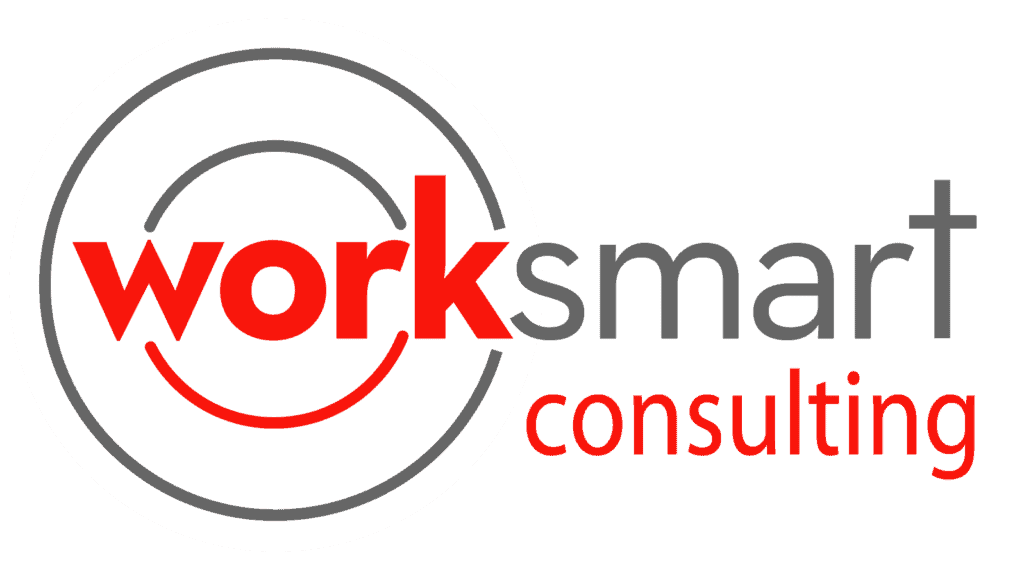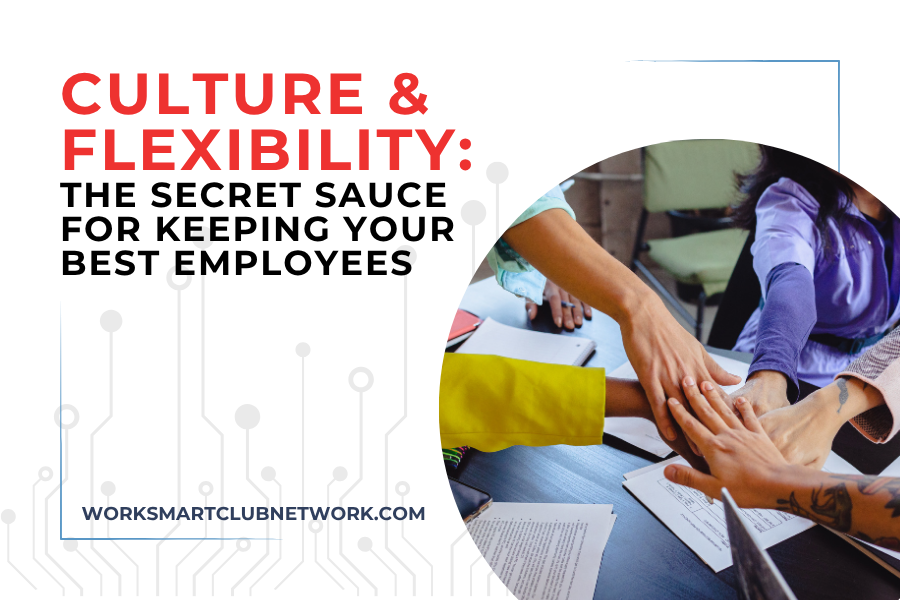The Importance of Culture and Flexibility in Today’s Job Market
In today’s fast-paced job market, talented employees have more choices than ever. Companies are competing not just on salary or benefits, but on culture and flexibility—two powerful factors that drive employee satisfaction and retention. It’s no secret that people want more than a paycheck; they want to work somewhere they feel valued, respected, and able to balance their personal lives. According to research from Robert Half, organizations that prioritize these areas see lower turnover and higher productivity. So, what makes culture and flexibility such game changers, and how can companies get it right?
Understanding Company Culture
First, let’s talk about culture. Company culture isn’t just about perks like free snacks or casual Fridays. It’s the underlying values, attitudes, and behaviors that shape the daily experience of employees. A positive culture supports work-life balance by respecting personal boundaries and encouraging employees to recharge without guilt. When people feel trusted and supported, they’re more engaged, creative, and loyal.
The Role of Flexibility in Modern Workplaces
Flexibility is one of the most tangible ways culture comes alive. Flexible work arrangements—like remote work options, flexible hours, or compressed workweeks—allow employees to tailor their jobs around their lives, not the other way around. This might mean parents adjusting schedules to accommodate school pickups, or employees shifting hours to manage health appointments or pursue further education.
The pandemic accelerated demand for flexibility. What was once a rare perk has become a baseline expectation. Robert Half’s research shows that organizations embracing flexible work environments attract and retain talent more successfully. Employees no longer want to choose between career and personal life—they want a workplace that integrates both seamlessly.
Leadership’s Role in Supporting Flexibility
However, flexibility must be supported by culture to work effectively. Without leadership buy-in and clear communication, flexible policies can feel inconsistent or unfair. Managers play a critical role in modeling balanced behaviors—setting boundaries, encouraging time off, and respecting after-hours privacy. When leaders show that it’s okay to disconnect and take care of yourself, it removes the stigma around flexible work and helps build trust.
Customizing Flexibility to Employee Needs
It’s also important to remember that flexibility is not one-size-fits-all. Employees have diverse needs based on their life stages, family situations, and personal preferences. Younger workers might crave hybrid schedules that blend office and remote work, while others may prefer compressed workweeks or job sharing. Regular employee feedback helps organizations fine-tune policies to be inclusive and equitable.
Additional Cultural Factors That Boost Retention
Beyond flexibility, other cultural factors strengthen retention. Recognition programs, career development opportunities, and fostering a sense of community all contribute to making employees feel valued. When people know their contributions matter and see a clear path for growth, they’re less likely to look elsewhere.
Another critical aspect is avoiding the “always-on” culture where employees feel pressured to respond to messages and emails at all hours. This mindset erodes work-life balance and increases burnout. Clear expectations about availability, supported by company policies, protect employees’ personal time while maintaining productivity.
The Business Case for Investing in Culture and Flexibility
Investing in culture and flexibility is more than a feel-good HR initiative—it’s smart business. Companies that succeed in this area enjoy lower turnover, reduced recruitment costs, and higher employee morale. In a tight labor market, these advantages can be the difference between thriving and struggling.
Building a Balanced and Engaged Workforce
Culture and flexibility are intertwined pillars that shape the modern workplace experience. Organizations that build a culture valuing work-life balance and embed genuine flexibility into their operations create environments where employees want to stay—and do their best work. As the workforce continues to evolve, these elements will remain key to attracting and retaining top talent.






Responses